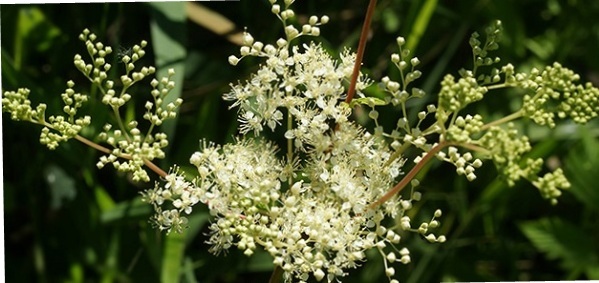Chronic urethritis. Urethritis treatment.
Causes.
Chronic urethritis is one of the most frequent diseases of the urinary tract, especially in women.
Pathogenic microorganisms are present in the terminal (distal) part of the urethra and are normal.
Urethritis treatment. The risk of urethral infection rises:
• if there is a urinary tract or genital tract infection in the genital Partner
• with a rare change of sanitary napkins
• with prolonged catheterization of the bladder
• with vaginitis (inflammation of the vaginal mucosa).
Urethritis treatment.
Chronic urethritis can develop due to trauma during sexual intercourse or during childbirth.
In chronic urethritis, the main infections detected during examination are mycoplasma and chlamydia.
But there may be other pathogens.
The development of chronic urethritis is predisposed to various chronic, sluggish, prolonged diseases, physical overstrain and overwork, neuropsychic overload and depletion of the central nervous system, hypothermia or overheating, eating disorders, hypovitaminosis and other factors leading to a decrease in immunity.
Menopause, occurring in different women from 40 to 50 years, leads to
Decrease in the production of the hormone estrogen and to atrophy of the vaginal mucosa and lower urinary tract.
The mucous membrane becomes thinner, becomes dry and pale.
Because of the shortening of the vagina, the urethra mucous membrane turns out, which is the cause of the clinical picture of atrophic urethritis.
Symptoms. Urethritis treatment.
Symptoms of chronic urethritis are itching in the urethra and a burning sensation throughout the urethra, pain and eruptions during urination, and in men and during ejaculation.
In women, complaints with chronic urethritis resemble complaints in chronic cystitis (inflammation of the bladder).
This burning sensation during urination, frequent urination, nocturnal urge.
Some patients report unpleasant sensations in the urethra, especially when walking, sitting, and also back pain, which are often given to the sacrum and groin.
Often the symptoms of urinary incontinence are added.
Chronic urethritis can affect the urethra all over.
In the course of the urethra, seals are determined, which are more pronounced after the exacerbation.
In urinalysis, as a rule, there are no pathological inclusions.
And only after the urethra massage in the urine can appear leukocytes.
At a chronic, atrophic urethritis at women symptoms of irritation of a bladder are often observed — a burning sensation at an emiction and increased frequency of urination, urinary incontinence with physical exertion. Often there are itchy vulva and vaginal discharge.
Diagnosis of chronic urethritis is based on clinical manifestations of the disease and on data from urine and smears from the urethra.
To confirm the presence of an inflammatory process in the urethra, the most valuable is the examination of the average portion of urine.
When the bacterial number in the urethral sample is much larger than in other samples, the bacterial urethritis is diagnosed.
Treatment.
Treatment of bacterial urethritis is carried out taking into account the seeded pathogen, which plays a major role in the onset and development of the disease, and also taking into account the sensitivity of the isolated microflora to antibacterial drugs.
Very often, especially with prolonged chronic course of the disease, it is necessary to conduct several courses of antibacterial therapy, conducting after each treatment course examination of the patient.
Antibacterial collection.
As a rule, medicinal plants with anti-inflammatory, antibacterial and antiseptic properties are used in complex therapy together with antibacterial drugs. Usually recommend thyme, cetrarium, cladonia, fall asleep, calendula, St. John’s wort, chamomile, willow, elm vivarium, bird cherry.
As practice shows, it is better to use these medicinal plants in the form of antibacterial collection:
Ingredients: cetrarium, cladonia, whitewash, herb thyme, St. John’s wort grass, vulgar grass, camomile flowers, ivan-tea grass, cherry leaf, taken in equal quantities.
Method of consumption: 3-4 tbsp. Spoon collection pour 1 liter of water, boil with a closed lid on low heat for 20 minutes. Insist 40 minutes. Drink 1/2 cup 4-5 times a day, regardless of food.
Course of admission: 5-6 weeks.
Taking infusions of medicinal plants that have antibacterial and antiseptic action, should be alternated. The same applies to antiseptic and antibacterial phyto-tea.

1 Comment
Add a Comment